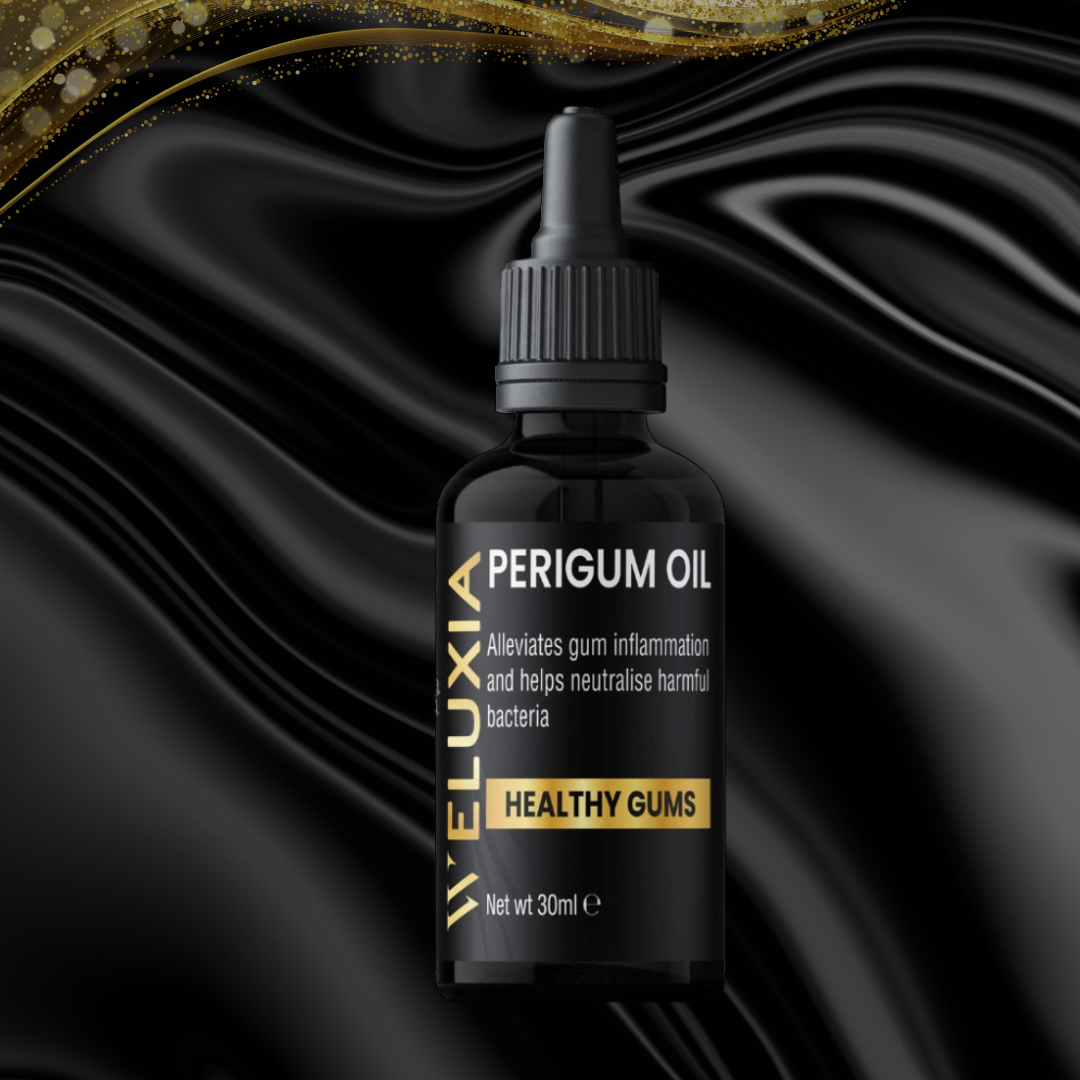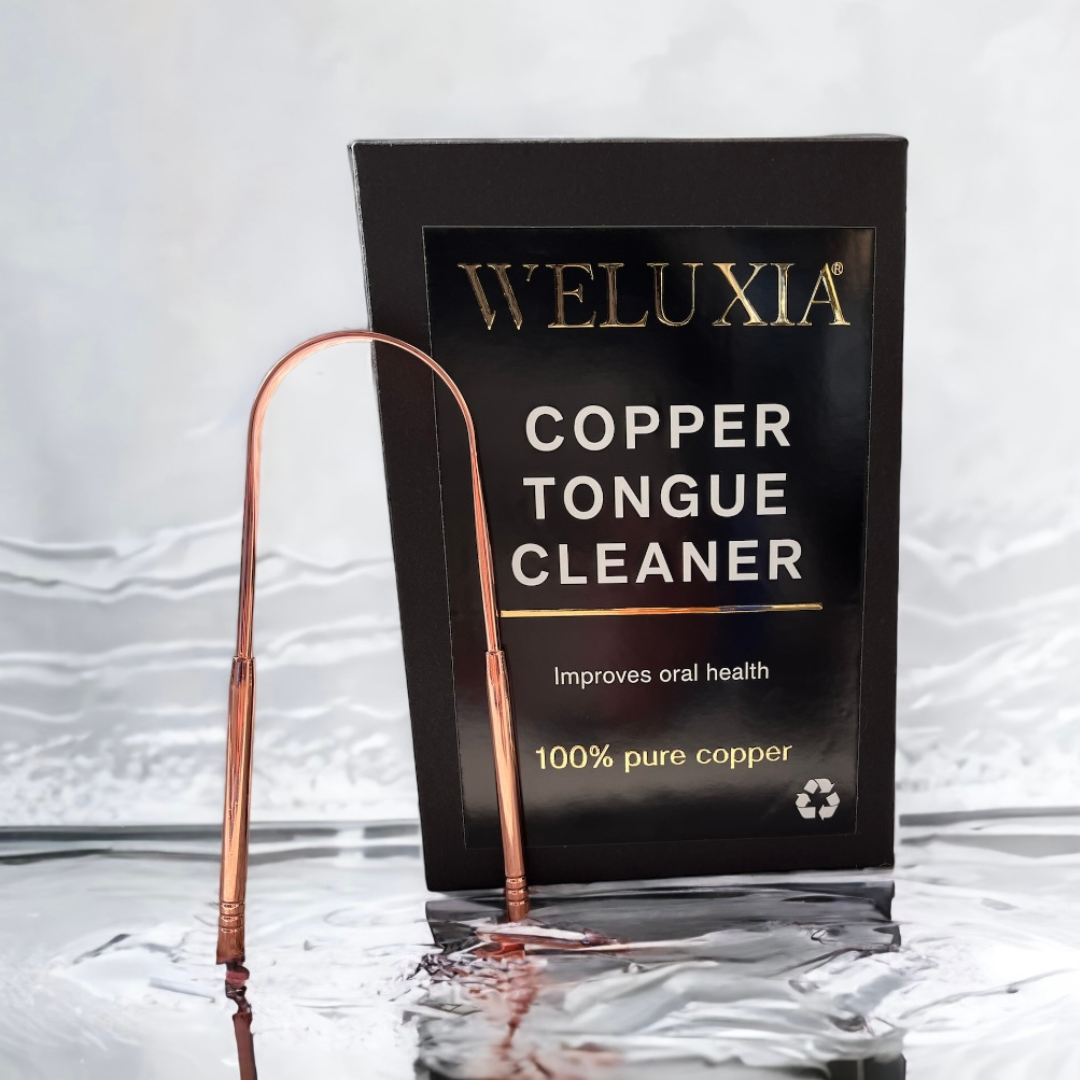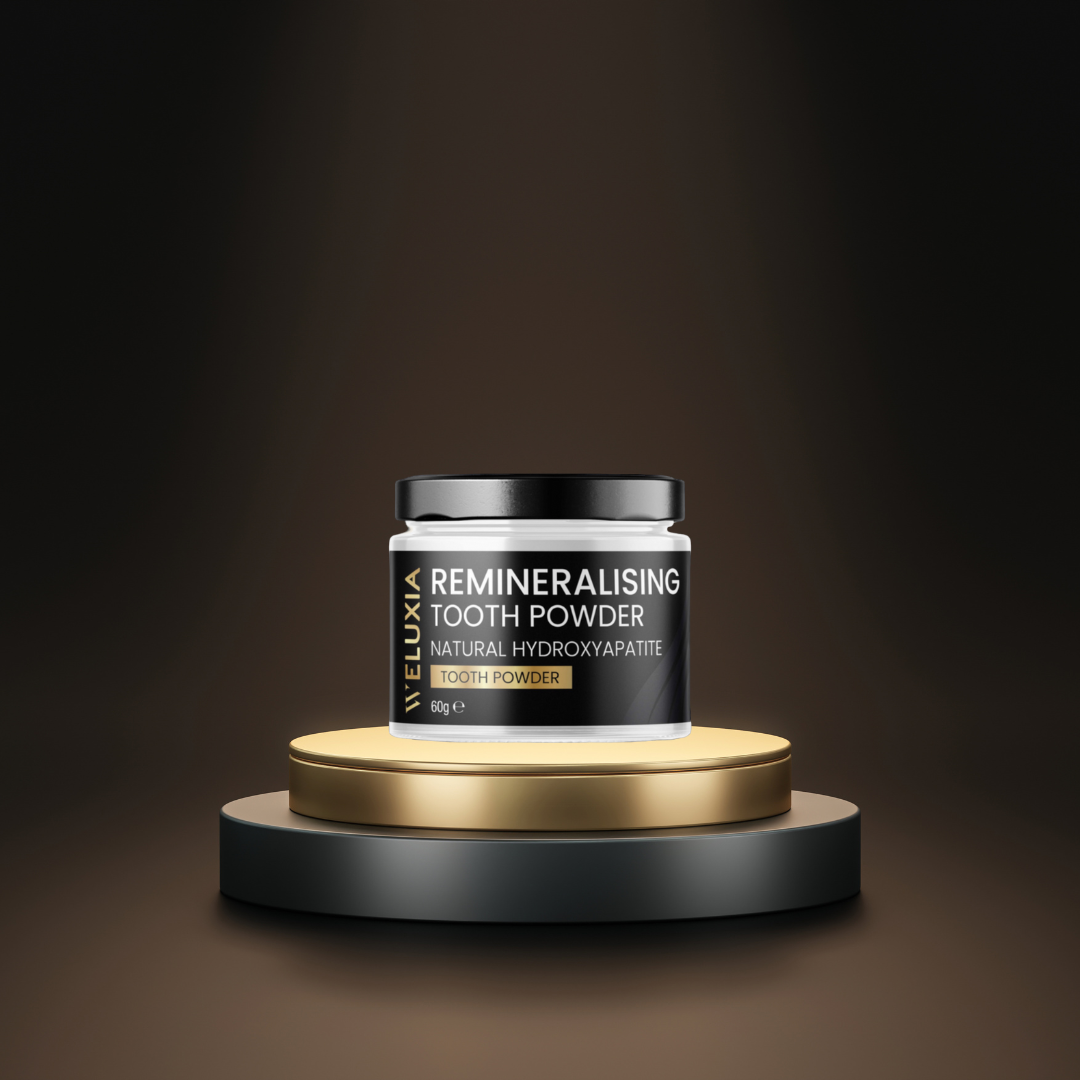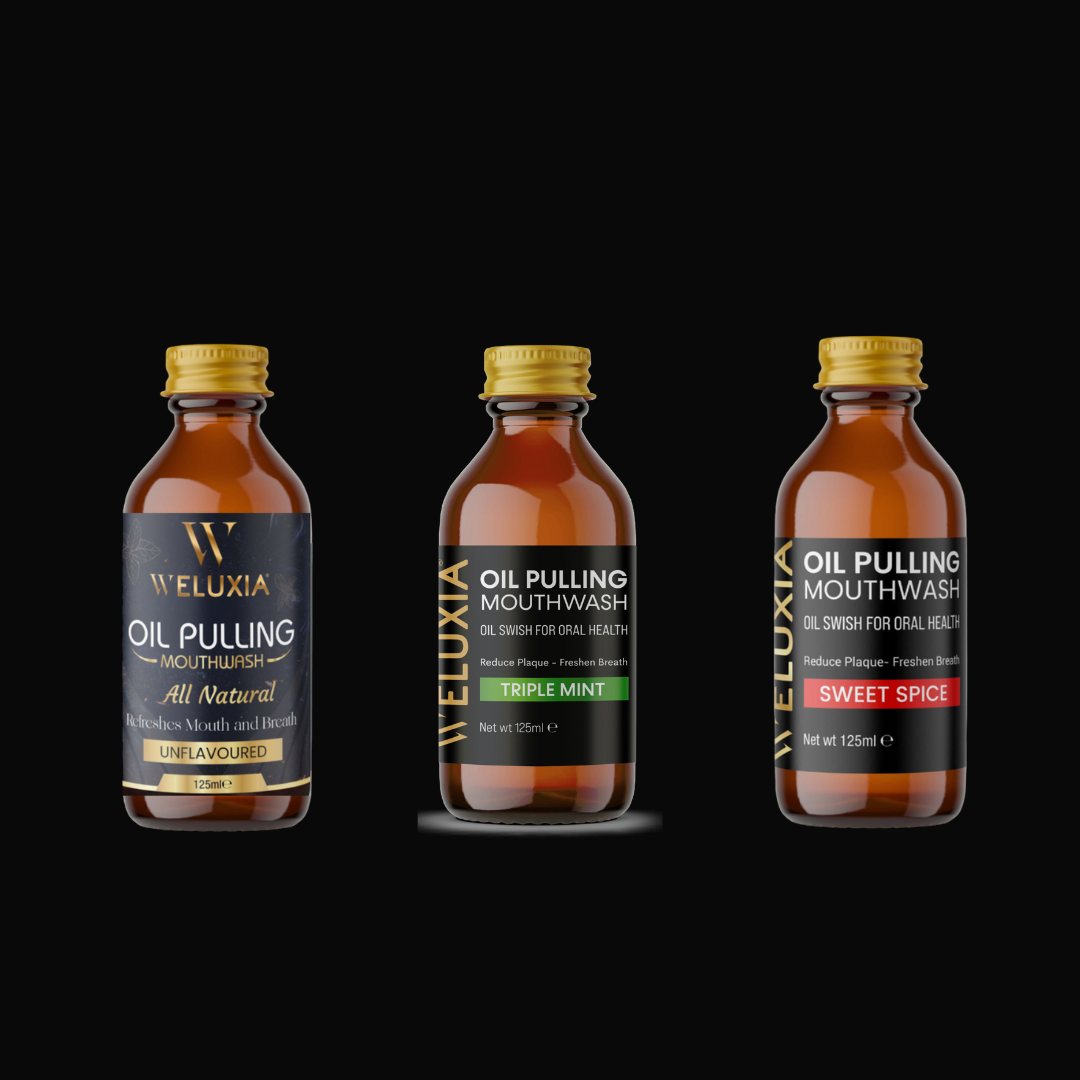Are you experiencing the discomfort of dry mouth, also known as xerostomia? Whether it's caused by radiation, medications, or other factors, dry mouth can make speaking and eating a challenge.
The good news is that there are several remedies and tips that can provide relief and improve your overall comfort.
One of the simplest and most effective ways to relieve dry mouth is to stay hydrated. Sip water throughout the day to keep your mouth moist. Additionally, using a humidifier can add moisture to the air, providing relief during sleep. Keeping a water spray bottle nearby can also help keep your mouth wet and moisturized whenever needed.
Using sugarless candy, lozenges, or gum can stimulate saliva production and alleviate dry mouth symptoms. It's important to choose products that are sugarless and contain hydrating agents such as aloe, xylitol, or glycerin. Avoiding caffeine and alcohol can also help reduce dryness in the mouth.
Explore the use of alcohol-free mouthwashes and consider saliva substitutes if your dry mouth persists. These options, along with incorporating moist foods and condiments into your meals, can provide additional relief. You may also want to explore alternative treatments such as acupuncture.
By implementing these remedies and tips, you can find relief from dry mouth and improve your overall quality of life. Say goodbye to discomfort and enjoy a more comfortable and hydrated mouth.
Explore effective remedies and practical tips to alleviate dry mouth discomfort. Stay hydrated and feel refreshed with our expert advice.
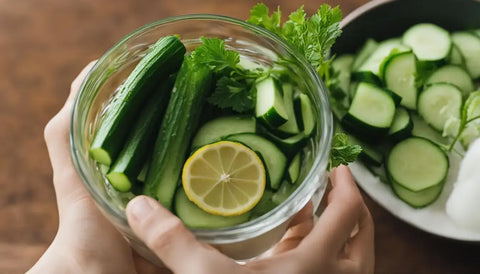
Stay Hydrated with Water
One of the most important remedies for dry mouth is to stay hydrated by drinking water throughout the day. Sipping water can help keep the mouth moist and alleviate dryness. It is recommended to drink water between bites when eating and to have water readily available throughout the day. Staying properly hydrated can help improve dry mouth symptoms and keep the mouth more comfortable.
When it comes to combating dry mouth, water is your best friend. Drinking water not only quenches your thirst but also helps to moisten your mouth and alleviate dryness. It is essential to form a habit of sipping water regularly throughout the day to keep your mouth hydrated. This not only ensures that your mouth remains moist but also improves the overall comfort of your oral cavity.
During meals, it is advisable to take small sips of water in between bites, as this can help keep your mouth moisturized while you eat. Additionally, make sure to have a water bottle or glass of water close by wherever you go throughout the day. Having water readily available ensures that you can hydrate your mouth whenever necessary, providing relief from the discomfort of dry mouth.
Dry mouth can lead to various issues, including difficulty in speaking or swallowing and an increased risk of oral health problems. By staying properly hydrated with water, you can help alleviate these symptoms and improve overall oral comfort. Drinking water throughout the day is a simple yet effective way to combat dry mouth and keep your mouth feeling refreshed and hydrated.
Use a Humidifier
Dry mouth can be particularly bothersome at night, affecting sleep quality and overall comfort. Fortunately, using a humidifier can help alleviate dry mouth symptoms while you sleep. A humidifier adds moisture to the air, which can combat dryness in the mouth and throat, promoting relief and hydration.
Both cool mist and warm mist humidifiers can be effective in providing relief. Cool mist humidifiers disperse a cool vapor into the air, while warm mist humidifiers release a warm mist. Choose the type that suits your preference and needs.
Place the humidifier in your sleeping area, such as your bedroom, and use it once or twice a day, or as needed. By increasing moisture in the air, a humidifier can significantly improve comfort for those experiencing dry mouth, enhancing overall sleep quality and well-being.
If you're considering using a humidifier, remember to clean and maintain it regularly according to the manufacturer's instructions to ensure optimal performance and prevent the growth of mold or bacteria.
Benefits of Using a Humidifier for Dry Mouth
Using a humidifier for dry mouth offers several benefits:
- Moisturizes the air: A humidifier adds moisture to the surrounding environment, helping to combat the dryness in your mouth and throat. It creates a more comfortable atmosphere, reducing discomfort caused by dry mouth.
- Improves sleep quality: The soothing mist from a humidifier can relieve dry mouth symptoms, allowing you to sleep more soundly and peacefully at night.
- Reduces irritation: Dry mouth can lead to irritation and inflammation in the mouth and throat. By increasing humidity levels with a humidifier, you can alleviate these effects, promoting overall oral health.
- Enhances overall well-being: Using a humidifier can improve your overall comfort and well-being, making it easier to carry out daily activities and enjoy a better quality of life.
Now that we've explored the benefits of using a humidifier for dry mouth relief, let's move on to other remedies and tips that can help alleviate dry mouth symptoms.
Keep a Water Spray Bottle Handy
When it comes to finding quick and convenient relief for dry mouth, keeping a water spray bottle nearby can be a game-changer. This handy tool allows you to spray water directly into your mouth, helping to keep it wet and moisturized throughout the day. Simply give it a gentle squeeze whenever you feel your mouth getting dry, and you'll experience instant relief.
For an extra boost of moisturizing power, some individuals find that adding a few drops of aloe or glycerin to the water can be incredibly beneficial. Glycerin, in particular, is a humectant that attracts and retains moisture, making it an effective ingredient for relieving dry mouth. However, it is essential to dilute glycerin drops in water before using them in the mouth to ensure optimal safety and effectiveness.
"Having a water spray bottle within reach is a lifesaver for me. It's so convenient and provides instant relief whenever my mouth feels dry. I even add a few drops of glycerin to the water for an extra moisturizing boost!" - Amy, dry mouth sufferer
A water spray bottle can be a small yet powerful tool in your arsenal against dry mouth. Its portability and ease of use make it a practical solution for staying hydrated and keeping your mouth moist throughout the day. So, next time you're experiencing dry mouth, reach for your trusty water spray bottle and feel the refreshing relief wash over you. Note: Consult with a healthcare professional before using any additional ingredients in your water spray bottle to ensure they are safe and suitable for your specific condition.
Increase Moisture at Mealtime
When dealing with dry mouth, it's important to find ways to increase moisture in the mouth, especially during mealtime. Here are some helpful tips to keep in mind:
Sip Water Between Bites
One simple way to increase moisture at mealtime is to sip water between bites. Taking small sips of water throughout your meal can help keep your mouth hydrated and alleviate dryness. Remember to have a glass of water nearby and take regular sips to maintain moisture levels.
Add Condiments, Soups, Gravies, and Sauces
Another effective method is to enhance your meals with condiments, soups, gravies, and sauces. These additions can help moisten your mouth while eating and make the experience more comfortable. Consider using options such as mayonnaise, ketchup, salad dressings, or flavorful broths to add moisture to your food.
Be Mindful of Texture
Choosing foods with a softer texture can also be beneficial when eating with dry mouth. Softer foods require less effort to chew and swallow, reducing the risk of discomfort. Opt for options like mashed potatoes, yogurt, smoothies, and steamed vegetables to make mealtime more enjoyable.
By following these tips, you can increase moisture at mealtime and make eating a more pleasant experience, even with dry mouth. Remember to stay hydrated and choose foods that are easier to chew and swallow to avoid any unnecessary discomfort.
Avoid Caffeine and Alcohol
Caffeine and alcohol can contribute to excessive dryness in the mouth as they are diuretics. It is important to limit or avoid consumption of caffeine and alcohol when experiencing dry mouth symptoms. By reducing or eliminating these substances, individuals can help alleviate dry mouth discomfort and improve overall oral health.
Conclusion
Dry mouth, also known as xerostomia, can be a discomforting side effect of radiation, medications, or other factors. However, there are several effective remedies and practical tips that can help alleviate dry mouth symptoms. By staying properly hydrated and sipping water throughout the day, using a humidifier to add moisture to the air, keeping a water spray bottle handy for quick relief, and using sugarless candies or gum to stimulate saliva production, individuals can find relief from dry mouth and improve overall comfort.
Avoiding caffeine and alcohol, using alcohol-free mouthwashes, and exploring saliva substitutes and prescription medications, can further aid in managing dry mouth symptoms. Additionally, increasing moisture at mealtime by drinking water between bites and adding condiments, soups, gravies, and sauces to meals can provide additional relief. Alternative treatments such as acupuncture may also be worth considering.
By implementing these remedies and tips, individuals can enhance their quality of life and find relief from dry mouth. Remember to consult healthcare professionals for personalized advice and treatment options for long-term relief. With proper care and attention, dry mouth symptoms can be minimized, improving overall comfort and oral health.
Source Links
- https://www.mskcc.org/news/natural-remedies-dry-mouth-xerostomia
- https://www.mayoclinic.org/diseases-conditions/dry-mouth/expert-answers/dry-mouth/faq-20058424
- https://www.hopkinsmedicine.org/health/conditions-and-diseases/dry-mouth-remedies-14-to-try



